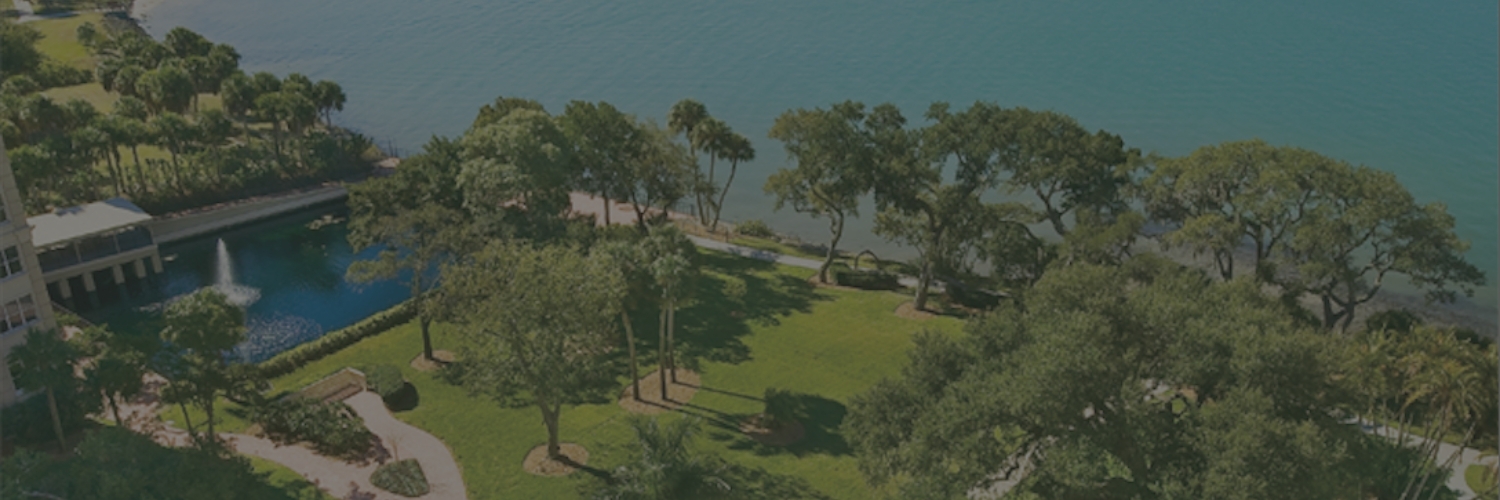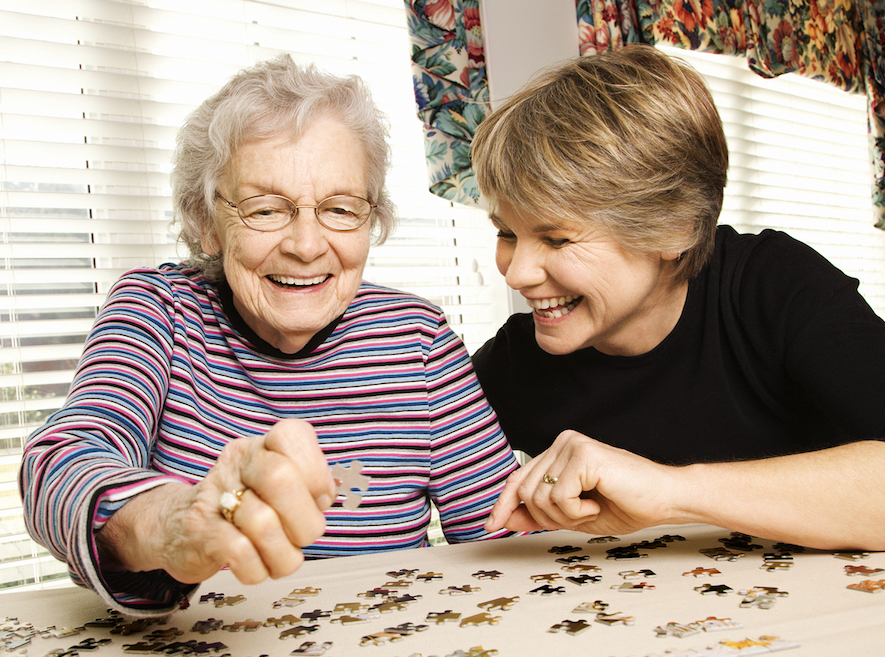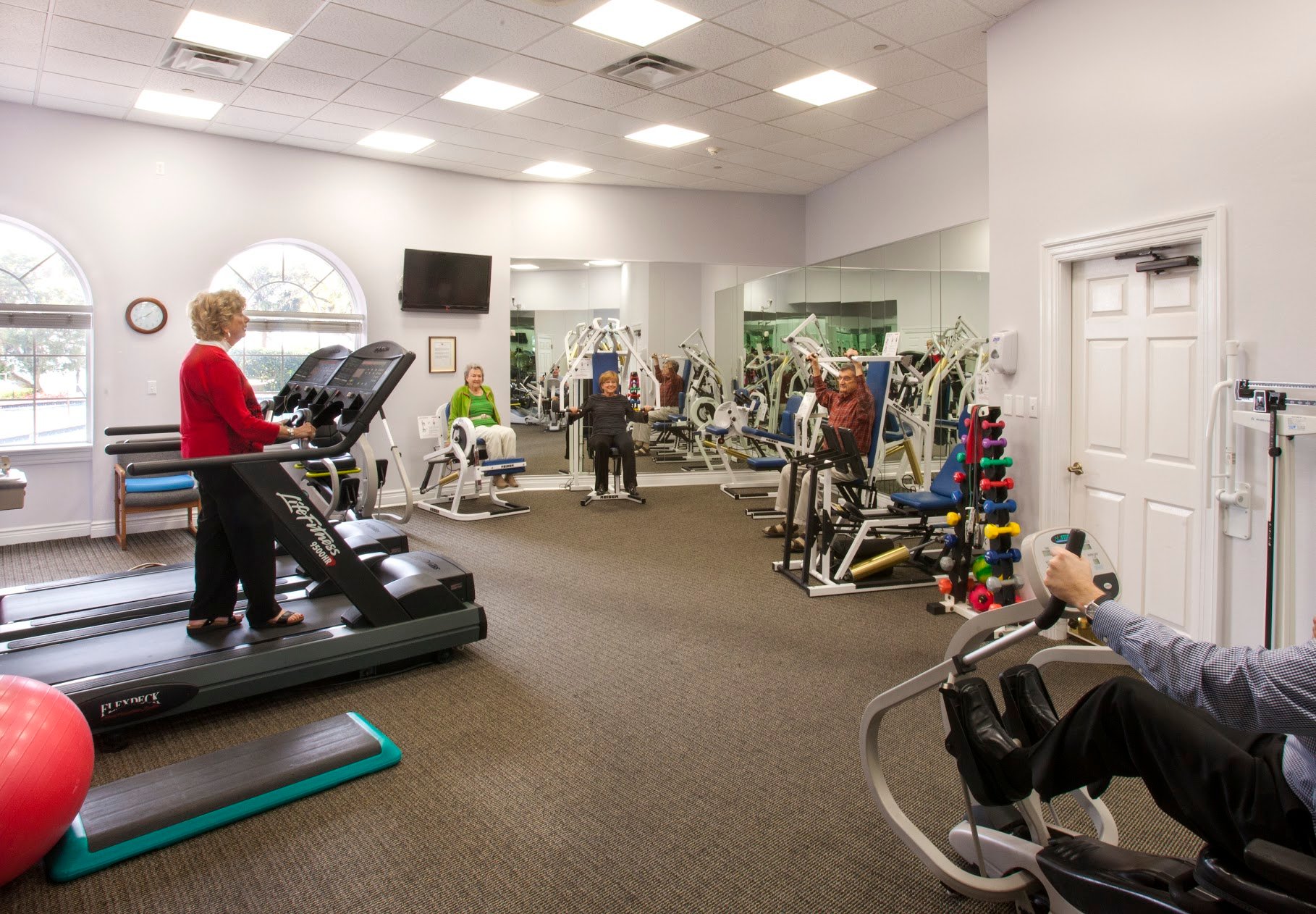
Luxury Retirement Living Sarasota
5 Ways to Keep the Mind Sharp in the Later Years of Life
- January 9 2023
- Sarasota Bay Club

As you age, you may begin noticing changes in your mind and body. Many older people feel their memory isn't as sharp as it once was when they were younger. But contrary to popular belief, a study found that not all forms of human memory are equally affected by advancing age. Moreover, brain scans of some 70-year-olds highly resemble those of 20 to 30-year-olds.
Related Blog: Top 5 Tips to Avoid Memory Loss in Your Senior Years
While it's normal for an aging brain to experience slower processing speeds and increased difficulty multitasking, the CDC reports that routine memory, skills, and knowledge remain the same and can sometimes even improve with age. If you've ever misplaced your keys or forgotten recent events, it's not unusual, and there's no need to be alarmed. Fortunately, there are natural methods to help keep your mind sharp as you age. Read on to learn what they are.
1. Stay Social
Aside from loneliness, there are serious health risks associated with social isolation, such as a 50% increased risk of dementia in older adults. Having a few close friends, conversing with neighbors, or adopting a pet can significantly benefit your mental health.
It's common for certain factors, such as hearing loss, to get in the way of being social, but having access to the internet can combat this issue. If you can't physically socialize with anyone, connecting to a social media platform, such as Facebook, can be a great way to connect with friends and family.
2. Continue to Learn

The wonderful thing about learning is that there is always something new to learn. Training your brain to learn something new helps to improve your memory, speed, flexibility, and problem-solving skills. Here are some methods to consider:
- Play memory games
- Take a class
- Find a new hobby
- Learn a new skill
- Read a book
3. Exercise

Exercising is good for more than just your mental health, and it has a massively positive impact on your overall well-being. A recent study found that incorporating exercise into your daily routine can potentially delay approximately 33% of dementia cases. Some of the benefits of exercising for older adults include:
- Relieves stress
- Produces endorphins, making you happier
- Helps reduce insomnia
- Promotes blood flow to the brain
- Decrease blood pressure
If you rarely exercise, we suggest starting with light exercise to prevent injuries, before gradually increasing the intensity of your workouts.
4. Maintain a Healthy Diet

What you put in your body is directly connected to your health. The healthier you eat, the better your brain will function. Certain foods are linked with improving cognitive function, such as vitamin E, vitamin B, and omega-3 fatty acids. Some foods that have a high concentration of the three vitamins are:
- Vegetables
- Fish
- Berries
- Lean meats
- Whole grains
- Fat-free or low-fat dairy products
- Nuts
- Olive Oil
Keep in mind that eating food with high concentrations of saturated fats, such as cheese, butter, sweets, and fried foods, can negatively impact your memory and brain functions.
5. Find A Sense of Purpose
Having a sense of purpose is important during any stage of your life, but when it comes to the elderly population, a study by a Florida State University psychologist found that a goal-driven purpose correlates to a 30% reduction in dementia. Of course, not everyone has the same interests, so take your time as you figure out what keeps you engaged. We suggest trying:
- Getting a job
- Try writing a book
- Volunteering
- Practicing a new hobby
Implementing these changes to your daily routine is possible, but it's more fun to do it with a group of friends. Sarasota Bay Club is a full-service luxury retirement community for residents to improve aspects of their lives, such as physical, social, emotional, and spiritual. Contact our team to schedule a tour today.









Leave your thought here
Your email address will not be published. Required fields are marked *